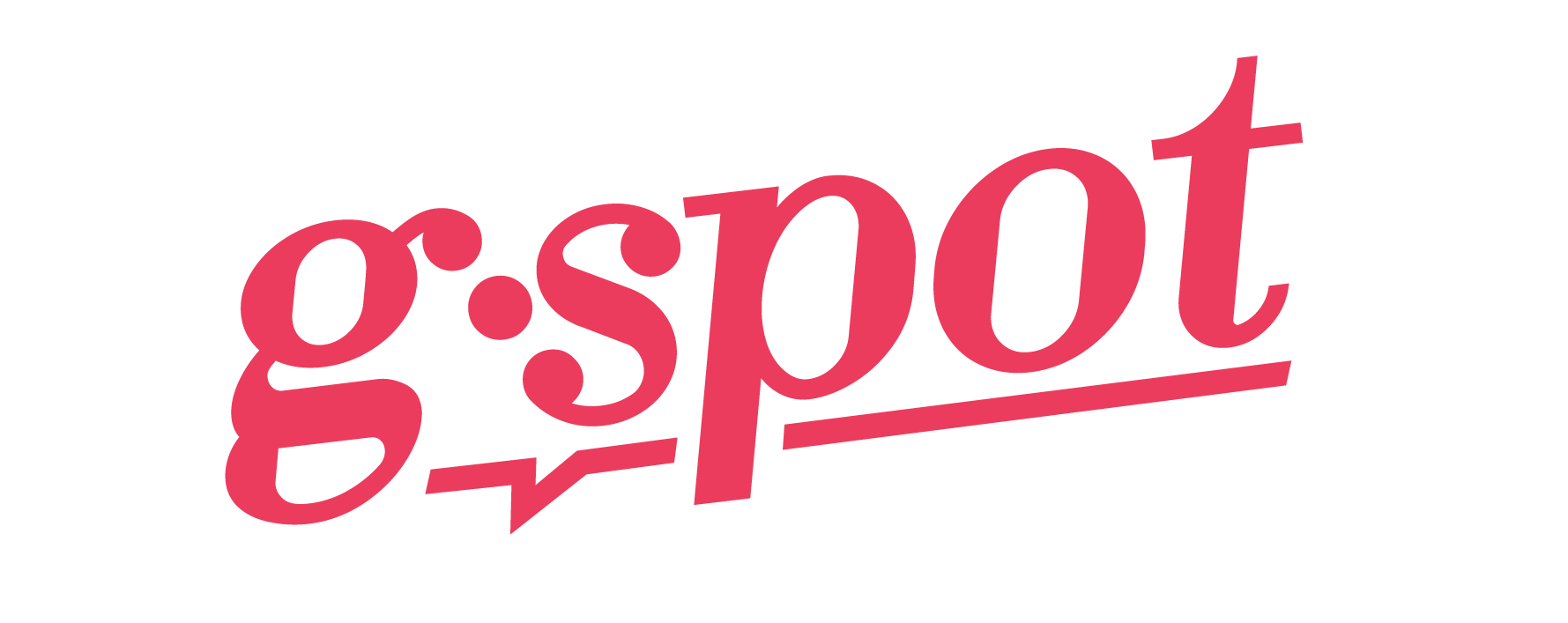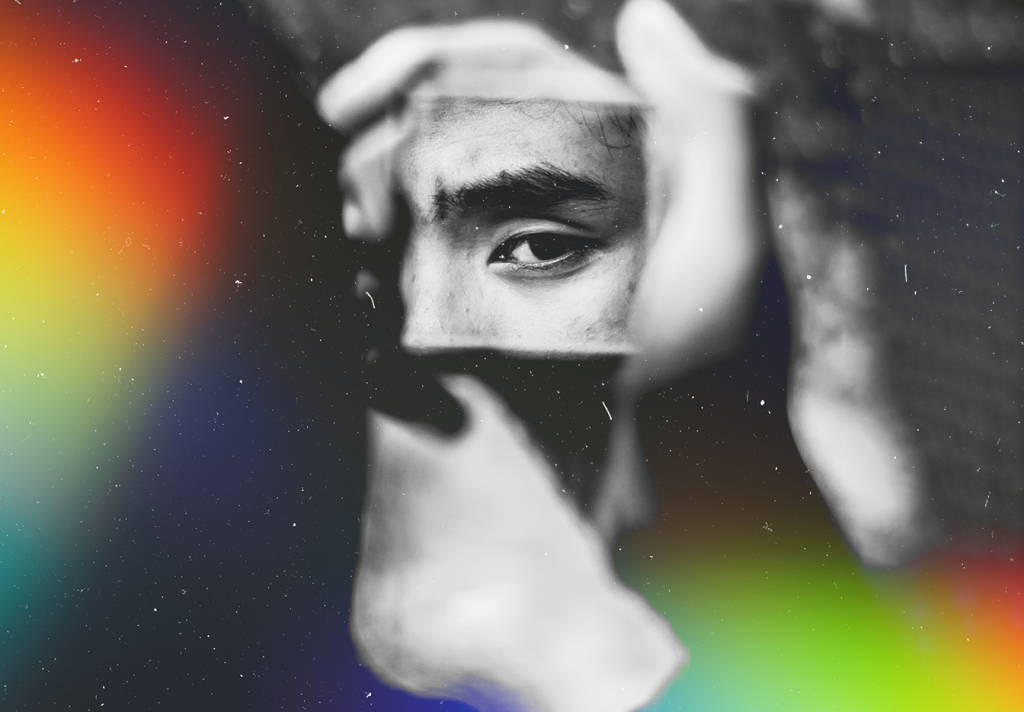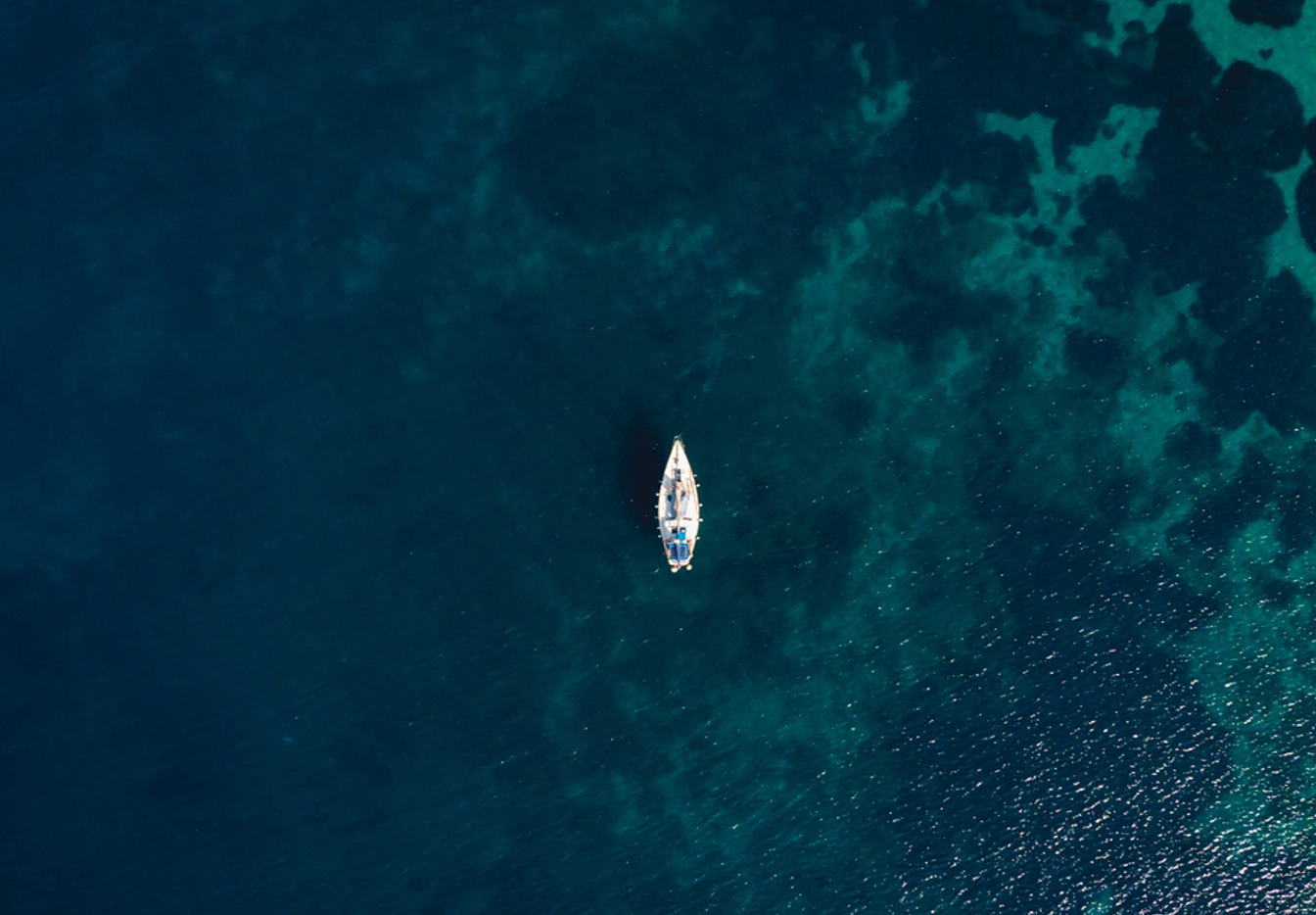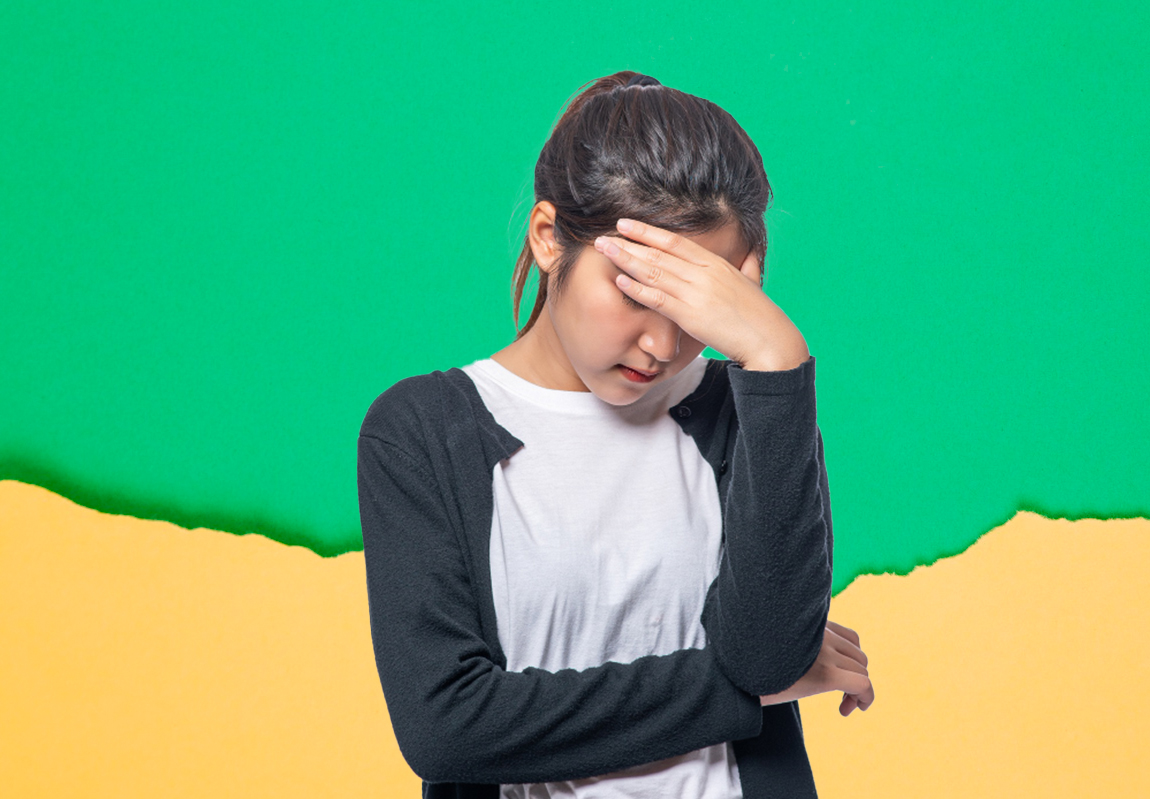I’m sure that you’ve heard or read multiple times when people say that they have felt different growing up.
I’m not that different because we all go through that phase of questioning our sexuality. A defining moment for me was when I felt more drawn into feminine things like dresses, make-up, ballet shoes, and female characters like mermaids, Darna (the Filipino Wonder Woman), and The Powerpuff Girls at a very young age.
I remember in second grade, I started developing feelings toward the same sex. It solidified when I had my first crush, a guy named Richard.
Feeling that I was born to be female, yet due to a very young age, not knowing what was happening, and the fact that I was not exposed to a more mature and accepting world delayed my transitioning. But I don’t regret the late transitioning part because everything happens for a reason.
On how people reacted when they found out:
It was a mixture of reactions and a whirlwind of emotions. You can never control people’s reactions but you can always guide their reaction into a more accepting and understanding state when they are confused. I guess, most of them were confused about how to approach the situation because they don’t want to offend me in my fragile state when I decided to transition.
Everyone around me was very supportive, especially my theater friends. They’ve helped me go through it smoothly and connected me to people that they know who have transitioned.
On people I looked up to:
Multiple transgender women have helped me through solidifying who I was. To name a few of those women were Maki Gingoyon, Bee Urgello, and Gigi Gorgeous. All of these women helped me understand by watching their videos and seeing them in person, how they were very comfortable and happy as who they were. I felt that it was time for me to be happy as well.
On the lack of medical support for the transitioning process:
People know that the LGBT community exists, but the lack of awareness, education, medical support, and laws to protect and help us made it hard for a transgender woman like me to transition in my country back then. I have had to rely on transgender women who have transitioned and sought advice on hormone replacement therapy, and this can be very dangerous if not monitored by a medical professional.
If we want to help people to be safe, and healthy, we need to be inclusive in all aspects regardless of what gender we identify with.
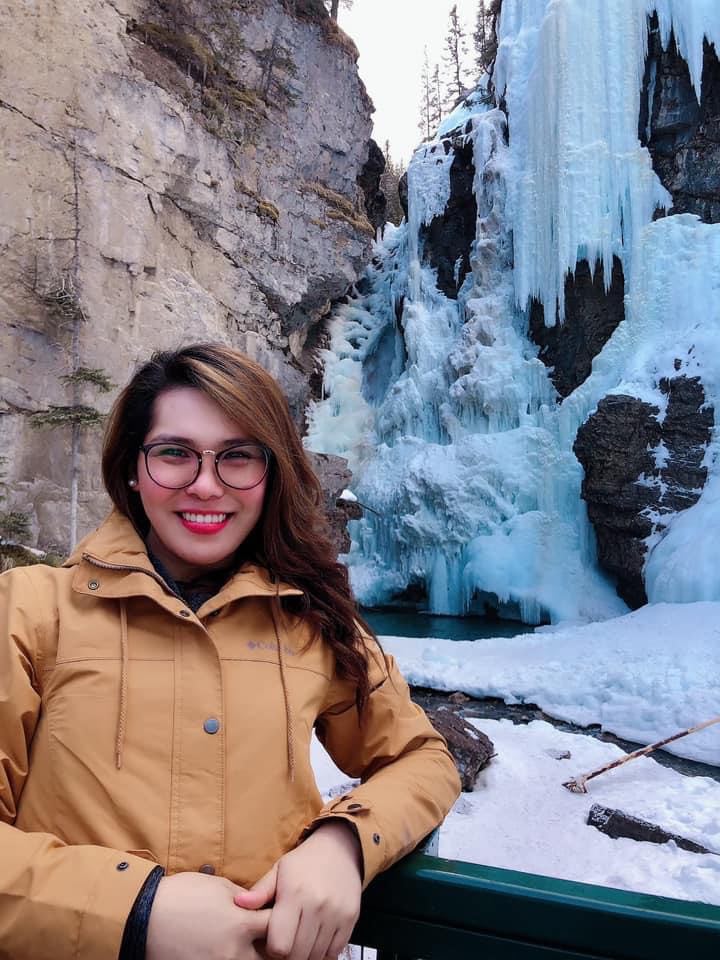
On my thoughts when I started transitioning:
My thoughts were very powerful back then. I always question myself if I look feminine enough. Will it be enough? Will I have the support of my family and friends? Did I make the right decision? All of these were circulating in my head.
My mental health was very poor and I was struggling. I desperately needed support back then. I isolated myself and even thought of self-harm. But all of these were mitigated because I was surrounded with lots of love from my family and friends.
I do wish back then that we have guided medical support, support groups that have gone through the same thing and an accepting government. Let’s all be inclusive! Awareness and education are the most important things!
I just want to highlight that if we see a person struggling, we all need to acknowledge it and make sure that we are there for them. It was super hard and I didn’t really like the thought of me even ending things because I knew that was the only escape from what I was thinking and feeling. Please seek help and open up! Be there to support and lend an ear. It’s very important. I can’t stress it enough.
I have zero regrets. I am totally happy with where I am right now.
On the actual process:
I was on non-guided hormone replacement therapy. This means that I obtained hormones from my fellow trans-sister who has transitioned and just based it from there.
Moving to Canada was an entire 180 from what I have experienced in the Philippines. Here in Canada, you see medical professionals referring you to the right specialists that deal with what you are going through. I was on a guided and monitored hormone replacement therapy by an endocrinologist, a sequence of therapy with a psychiatrist to deal with my body dysphoria and even the government helped to connect me with the right support group.
Basically, what I’m trying to say is that my experience here is much more supportive and well-rounded. The LGBT community here is much more known and respected. You see them being themselves and not being discriminated against at work.
On people wanting to ask questions:
Curiosity is important, and a legitimate reason to have questions. However, if you’re only asking because you’re curious, it may be a good idea to turn to Google or other resources.
It also depends on the person’s comfortability of sharing. All of us have different comfortability levels. For me, If you just met someone at a coffee shop, you probably wouldn’t ask questions about what their genitals look like, what surgeries they have or haven’t undergone, or about intimate details of their childhood.
Before you ask a transgender person similar questions, pause and think whether you’re treating them differently—and asking more personal or inappropriate questions—simply because they’re transgender.
Advice for people who want to transition:
Surround yourself with love and support from the people you trust and believe.
